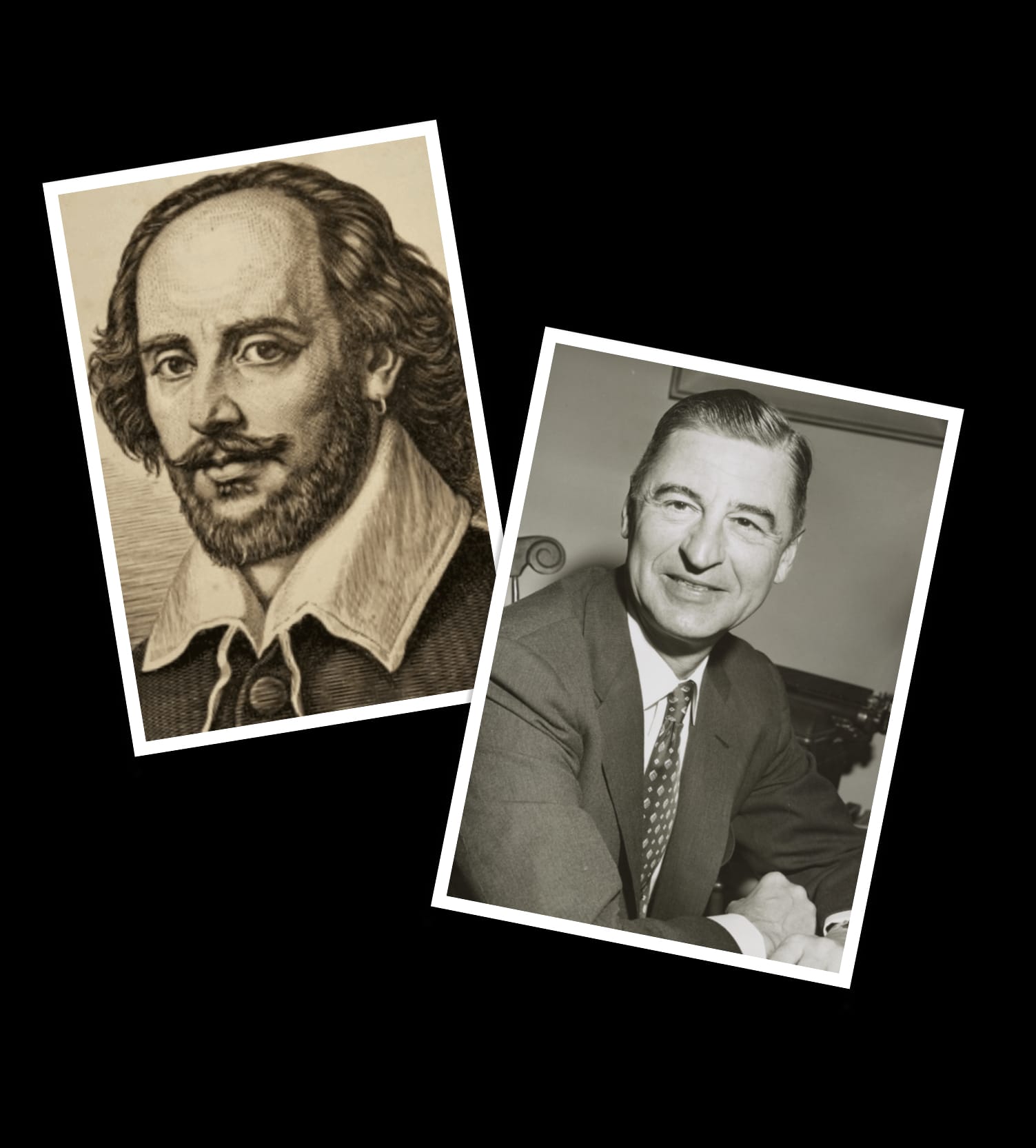Do you remember the first time you read Shakespeare? Maybe it was high school or if you had a Language Arts teacher in middle school or junior who was a Shakespeare fan, it may have been earlier. OR, if you had a third grade teacher like Mrs. Burau, she would have introduced you to the stories. If you have a teacher who can get you through the Old English, or just tell you the stories, minus the Old English (which is what I did with the help of Bernard Miles books, Shakespeare for Children), you were exposed to timeless stories of human nature, good and evil, jealousy and you learned such literary terms like, alliteration, foreshadowing, allegory, antitheses, irony, (among others). In Mrs. Hughes ninth grade English class, Shakespeare’s Romeo and Juliet was covered as part of the curriculum. We read some aloud in class, some was assigned reading. We learned the characters, the literary terms Shakespeare used in the story such as plot, theme, protagonist, antagonist and so on. Having not read Shakespeare before, I didn’t know what the ending was. I had heard reference to Romeo and Juliet but I was not prepared for the tragedy at the end. How absolutely sad that they had been secretly married and that they planned to run away together since their families had a generational feud. Juliet took the potion that would feign her death, Romeo didn’t. get the message that she wasn’t truly dead, so he kills himself when he finds her ‘dead’ in the crypt. When Juliet awakes from the feigned death, she takes his dagger and kills herself. When the families find out, they realize that the long feud is just not worth it and they make amends to heal and move forward. How unfortunate that it took the tragic death of their children, which actually was caused by the feud, because had their been no feud between the families, the two would have had a courtship and wedding without the restrains of rival families forbidding them to be together hence, no feigned death and plan to run away. The tragedy really bothered me. If Only… Romeo and Juliet is fiction but how many times have we read a story or watched a movie with a tragic ending and we think, ‘If Only…’ I felt it this last week with the death of Charlie Kirk. I woke up a few mornings following the shooting and thought, ‘did that really happen?’ Or ‘I’m waking up again to this sad new, but my mind will be occupied with my family, babysitting, taking my Mom to her appointments, going to the gym, making dinners, but Erika Kirk, her family, extended family and those close to Charlie have been and will continue to live the consequences of this tragic situation for years to come. Just so sad and sad in a different way for the alleged shooter’s family. They have to live with the knowledge that their son was responsible. It’s wasn’t an easy week for them either. Like Romeo and Juliet, two families whose paths crossed, each experience pain to last a life time.
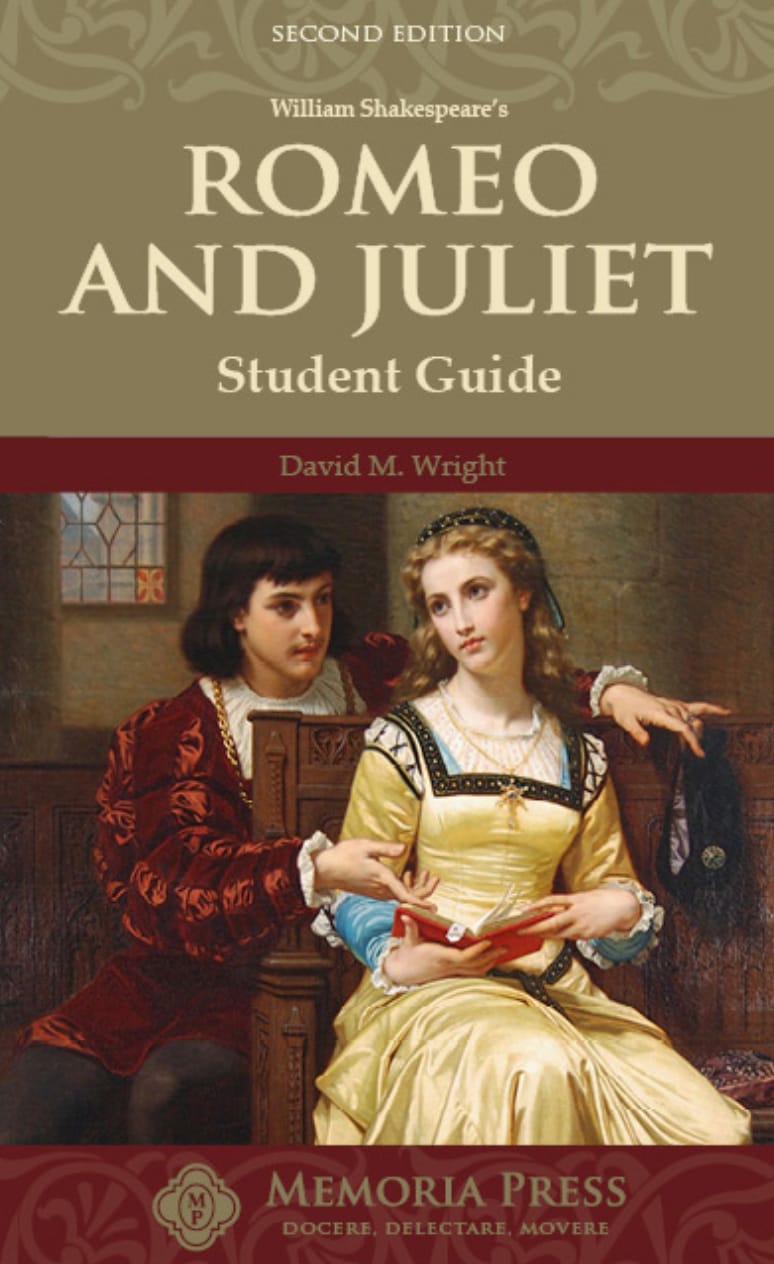
Theodor Seuss Geisel grew up in Springfield Massachusetts, born in 1904. A good student, he went on to attend Dartmouth College. While attending Dartmouth, he was editor of the school newspaper. Having attended college during the era of prohibition, getting caught drinking caused him to be removed from the school newspaper. His friends on the staff wanted him to continue to write and draw cartoons for the paper so he did using the pen name, Dr. Seuss, which was his middle name, and he added the Dr., because he dad had hoped he would go to medical school and become a doctor. Theodor penned numerous magazine articles, political cartoons, books and went on to be one of the best known children’s book of all times, The Grinch Who Stole Christmas. The story tells the story of an angry grinch who hated the thought of people celebrating Christmas, getting presents and gathering together for a Christmas meal so he took what he thought was everything away from the Whos down in Whosville so they couldn’t celebrate Christmas, he even “Stuffed the tree up” the fireplace. The story, like most of Seuss’s stories is told in perfect rhyme, that myself and most parents could recite the book even years after reciting it to their own children. When the book was developed into a television special, the producer make the Grinch a vivid yellow green rather than the black and white pencil drawing in the original book. I always thought green was selected to bring out the envy or possibly jealousy the Grinch had for those who enjoyed life, but no, the director took the color from his 1960s car color. Over the years I used the image of the Grinch to describe a person who acted in such evil or hurtful ways seen out in the world or in our own interactions, as sadly, we all have most likely see our share of a few Grinches in our interactions. Dr. Seuss’s Grinch had a heart that was able to be softened when he saw that no matter how hard he tried to take away the residents of Whoville, they still had joy in their heart. There were no sad faces, they didn’t shrivel up and not celebrate and there were no riots or cars set on fire in Whoville, they were able to celebrate the happiness in their heart, they didn’t need ‘the stuff’. In fact, their joy inspired the Grinch to join them in celebration and not only that, his heart grew three sizes larger that day. A little like Romeo and Juliet, in that the character/characters who had set out for bad, the Montegue and Capulet families of Romeo and Juliet had anger and hate in their heart for the other family, however, their hearts were able to soften…
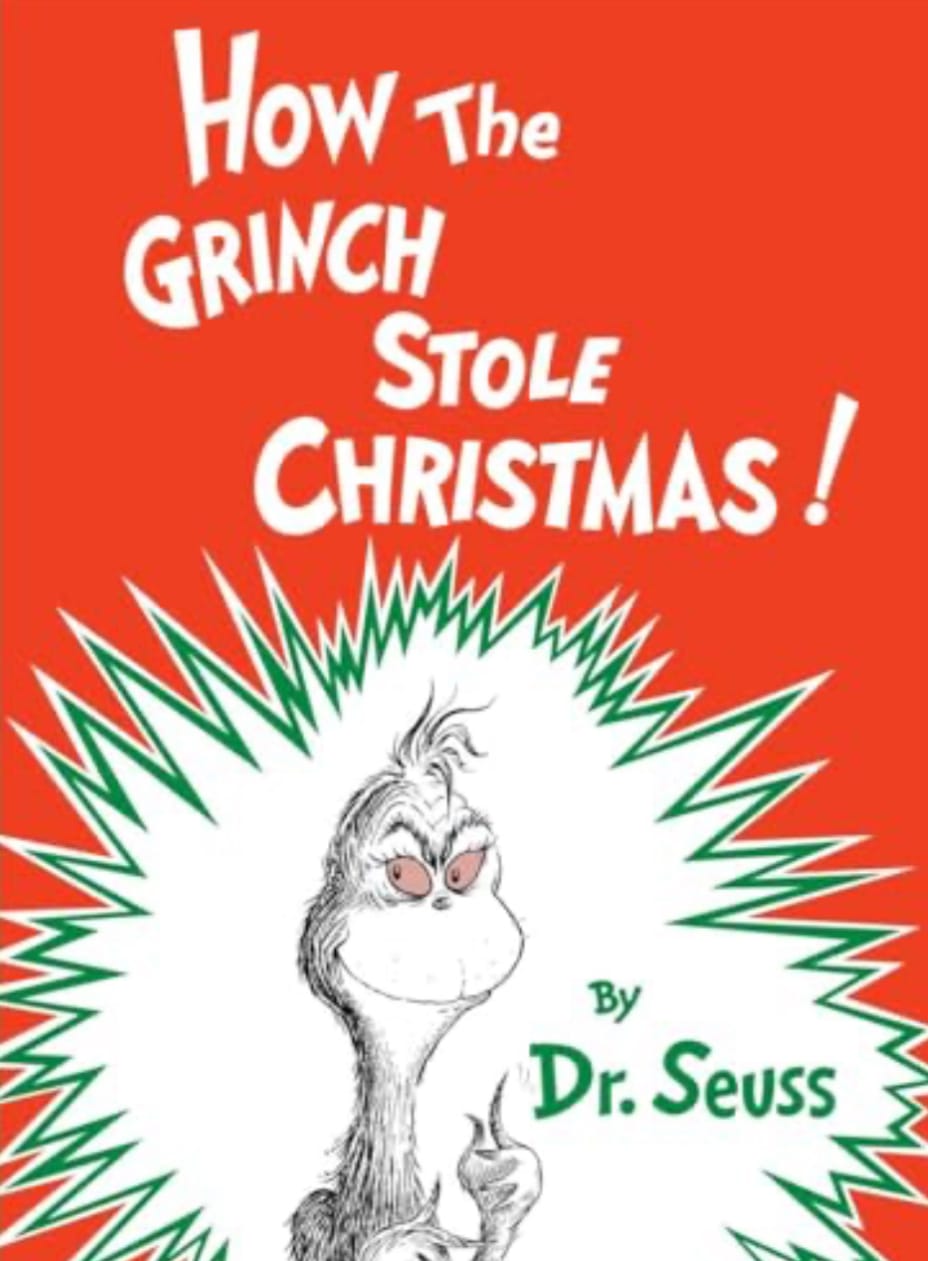
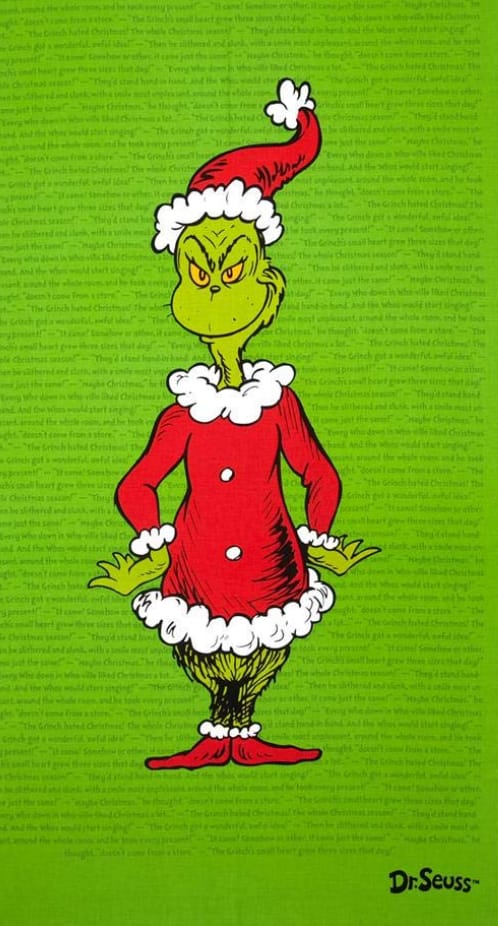
The classics in literature tell these timeless stories of the human experience. People don’t change we see the same characters but in a different era. The great writers can weave a story with interesting characters and circumstances that teach generational lesson . Stories have been passed down since the beginning of time from cave drawings, to spoken tales to the Bible and beyond. Originally, told to teach a population that couldn’t all read the difference between good and evil and how to conduct themselves in life. From the Ten Commandments and other law of the Old Testament and on into the New Testament were read to the people, many of whom were illiterate. In the temples and churches of the Middle East and Greece and on into Europe the Rabbis, Popo (the Macedonian word for Priest), the Priest or Pastor were the shepherds who read and taught to the people in the villages and towns from the pulpit. Paul spoke to the Ephesians, the Corinthians and the Romans. He spoke in the amphitheaters designed by the architects of their times and built by slaves that had perfect acoustics. The amphitheater in Ephesus can hold twenty-five thousand. Several years ago, Elton John held a concert there. The amphitheaters were the social media of their times, where people gathered for meeting, lectures and performances. Paul traveled through Turkey, Greece and Italy to preach The Gospel. The theaters allowed him to teach one message to thousands. Those thousands then spread the word to others and that’s how Paul’s message of The Good News of the Gospel of Jesus Christ. If you have ever traveled through Greece, there are numerous churches and in some remote areas even the smallest of chapels with the iconostase, even small but present. My observation was that Paul was so effective in his message and it made so much sense, compared to the Greek mythology that it just took hold, like a voracious wildfire…
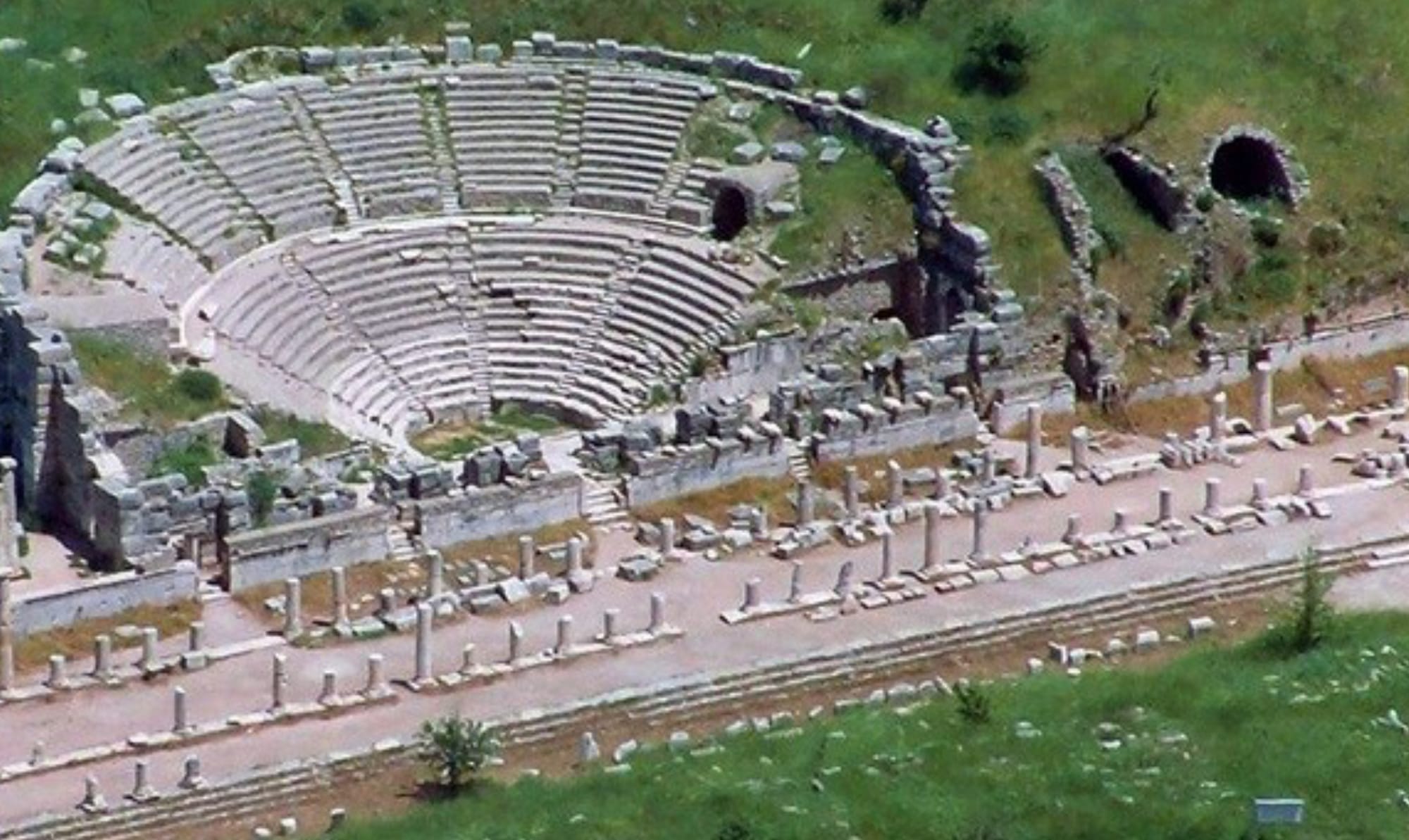
Shakespeare’s works were performed at the Globe Theater and in traveling companies throughout Great Britain (eventually Europe) and his stories were read in schools. Plays were a way for the masses, many who could not read, to be entertained and learned the lessons taught in the stories. Again, with no social media, motion pictures or television, performances and written copies were a way of sharing the literature and stories. One can look to colonial literature of the early American colonies with Nathaniel Hawthorne’s Scarlet Letter, which told the story of the presumed young widow, who’s husband had stayed on in England to finish business and presumed dead, Hester Prynne who became pregnant after an affair with the town minister, although Hester would not reveal the father of her child, she was required to wear a smock with a scarlet/red letter A over her dress for all to know her sin. Her and her daughter Pearl were used as an example and not to behave. If you read this story in a high school literature class, you too may remember how you felt when you read how this young woman who was an equal partner in the actions that caused the pregnancy. It bothered me that she was made a mockery. In looking back at that time in history, the town’s leaders may have looked at this as a lesson to not have children out of wedlock in the security of the family unit. If people behaved in such a way when there were limited resources, possibly they looked at having numerous children with no father to support them could turn into a hardship for a community who would have to share in the burden. In looking at laws and values through out history many were made out of necessity and the wellbeing of the community. It’s easy to look back in history with the resources and privileges of current times and see the unfairness and harshness of those rules and laws.
I often hear kids say, “why do I need to learn ____________? I’m never going to use that again.” In fact, I have a adult child who often said that growing up and into his twenties. In some subject areas, that phrase is agreed by me. If you have a son or daughter who is going into the sciences or medicine, absolutely they need chemistry and biology. The algebra and geometry and trigonometry expand the mind so math, especially basic computation I see benefit in. Literature, however, I feel, that no matter what career path a person’s life takes, to read the classics and other notable stories has benefits so numerous. From the lessons of the the Bible to the classics of Shakespeare, Canterbury, among others these timeless stories tell of human struggles, temptations, redemption, reconciliation, forgiveness, jealousy, greed, coveting, hubris, to name just a few. In addition, reading these stories, helps increase comprehension and expands the mind to have a glimpse into another time, place and setting. Reading can also teach compassion and understanding for those people and circumstances they might not have been exposed to or been aware of. The lessons we learn from these stories can hep us in our lives as we see the consequences of the characters’ behavior.
Young children can be inspired by the books they read, good or bad. That’s why it’s important for parents to know what their children are reading, learning and who is inspiring them. I recall when one of our kids brought a book home from the library in about the fourth grade. I saw it in a chair and picked it up. There was nothing morally wrong with the book, it is not a book that anyone would deem being taken off of shelves, but I just didn’t like the negativity and tone of the book. The main character was a young man who was just rude and mean to those around him. There was no redemption at the end of the story or any change of heart. I said to our son, “I think there are better books you can read, I just don’t like this book.” It’s hard to believe that book was published. Unlike parents of the past, who at least could check the backpack or monitor the friends that came though your door or to your yard, parents today face intrusion by any Tom Dick and Harry into your child’s life via the internet and social media. You raise a child in a good home with a faith and they can be temped or influenced by bad characters who you would never have exposed your child to. Most likely, the early the faith and positive influences come into your child’s life and the more a parent educates them on the evil out in the world eager to grab and influence them, probably the greater the chances of a child staying on the straight and narrow, however, look at Pinocchio and how he was influenced by the bad characters. Gepetto had spent time with him, taught him and he still was led away.

From the Fairy Tales of Pinocchio to the stories of Hans Christian Anderson to Theodor Geisel to Shakespeare, there are volumes of classics to inspire and teach your child life’s lessons. In my mind, the greatest of all the classics is the Bible. Its stories are times and they cover so many different elements of human nature. We see how even the strongest of biblical characters were tempted and some took that temptation and experienced consequences. The story of King David and his desire for Bathsheba which led him to killing her husband Uria, or of young David and Goliath where the small shepherd boy took on and defeated the giant. A portion of the Bible I enjoy reading as well as the word of God, the Gospels, is Proverbs; so many good sayings that help to live a good life.
Thanks to all the writers through history who have not only entertained us through their stories but taught us lessons of how to conduct our lives and paths we’re best not to go down, leading to many…Great Days ❤️


